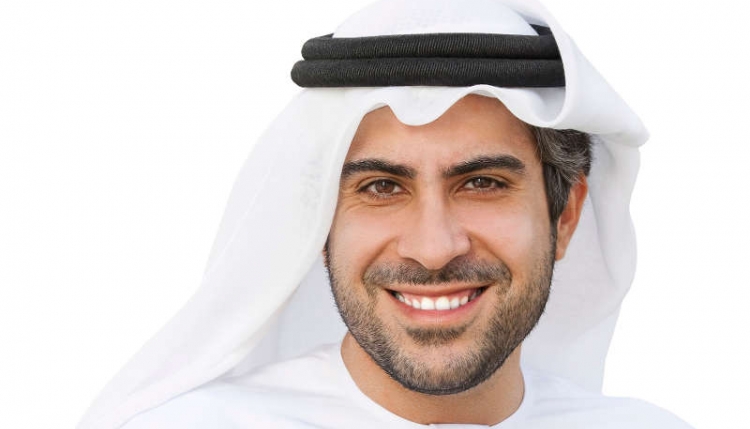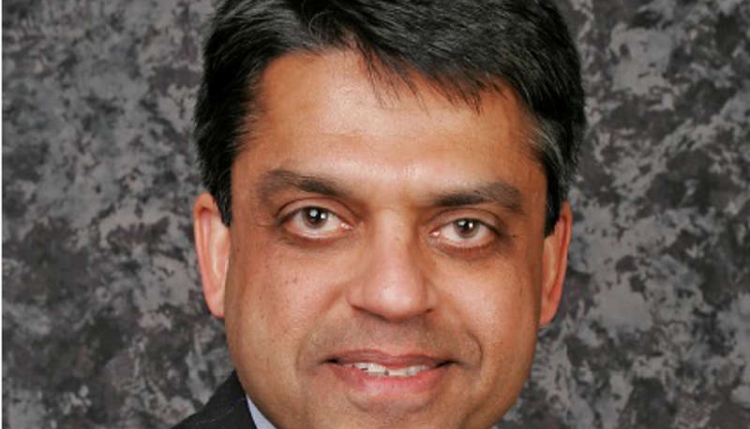Dubai - MENA Herald: The Chief Information Officer’s (CIO’s) role in defining a company’s strategy has become more important than ever, according to a new PwC report launched today, ahead of the Global Manufacturing and Industrialisation Summit (GMIS).
In its latest report, PwC said that managing the transition to the Industrial Internet of Things (IIoT) will be a highly complex task, which CIOs cannot afford to miss out on. It points to studies that show that by 2020, companies will likely spend $1.7 trillion a year on the combined industrial and consumer Internet of Things (IoT) .
That transformation to IIoT is materializing fast, cited a recent PwC Industry 4.0 Survey which found that industrial companies are planning to commit approximately $907 billion annually to their IIoT initiatives. Those companies expect $421 billion in cost reductions and $493 billion in increased revenues annually from the implementation of IIoT, with 55% expecting a payback within two years.
Devising an IIoT Strategy
The sheer size of the Industrial IoT opportunity, which PwC says far outweighs all expectations of the consumer oriented IoT, means that CIOs will have to take centre stage in leading a digital transformation that aligns strategy and technology with the manufacturing environment and the manufactured product.
Dr. Anil Khurana, Partner, Strategy & Innovation at PwC Middle East and the report’s lead author, said:
“The IIoT will place huge demands on the CIO. It is indeed an opportunity that few will want to miss. First-mover status is critical to gaining a competitive edge as companies begin moving en masse to reap the benefit of digitization. Our research into the IIoT domain suggests that CIOs take six important steps towards their companies’ future digital transformation, which has been outlined at length in the report. These steps include key elements such as the development of a digital strategy, building capabilities and eventually, initiating pilot programmes.”
Dr. Khurana added:
“Supporting the GMIS vision to promote manufacturing and industrial innovation; driving towards sustainable development; and contributing to wealth generation and prosperity, PwC has facilitated connections between enterprises of all sizes that are now embracing the 4th Industrial Revolution, or 4IR, and embracing IIoT. PwC has facilitated the development of the pilot programmes being discussed and presented at GMIS”.
The six necessary steps for IIoT Transformation, as per PwC’s report are:
1. Map out an Industry 4.0 Strategy: evaluate your company’s digital maturity and set clear targets for the next five years. Then prioritize pilot programmes, capabilities, and architectural revisions that will bring the most value to the business and align with overall strategy
2. Create initial pilot programmes: to establish proof of concept and demonstrate business value
3. Define the capabilities that will be needed: building on lessons learned from pilots, map out in detail what distinctive capabilities are needed to achieve business vision.
4. Become a virtuoso in data analytics
5. Transform into a digital enterprise: capturing the full potential of Industry 4.0 will require company-wide transformation
6. Actively plan an ecosystem approach: develop complete products and solutions for customers and use partnerships to align with various platforms
Commenting on the report, Badr Al-Olama, Chief Executive Officer, Strata Manufacturing, and Head of the Global Manufacturing and Industrialisation Summit Organising Committee, said: “For the manufacturing sector, the Industrial Internet of Things is at the heart of 4IR. As PwC points out in this report, the CIO is the key driver in helping organisations to adopt IIoT, aligning business strategy with technology transformation.
Their role is to ‘normalise’ innovation in large, complex organisations, drawing on a new capacity to intelligently connect people, processes and data through devices and sensors. For manufacturers, this creates the prospect of the digital factory where ‘smart’ manufacturing technologies are controlling energy, productivity and costs through real-time monitoring and application of data insights. PwC’s report sets out a roadmap for IIoT transformation, prepping the experts – including CIOs from leading global manufacturers - to put together a vision for manufacturing that is based on the 4IR technologies.”
Devin Yaung, Advisory Director at PwC US and the report’s co-author said:
“The key element in any company’s transformation to the IIoT is that its information and operating technologies will be woven far more tightly into its business fabric than ever before. This in turn will require the CIO to have a far greater understanding not just of the IIOT technologies involved but also how it will transform the business.
Even more important is the CIO’s role in educating the company’s board on the changes to come, and acting as an enabler and change agent in order to maximize the value of that transformation. Those with the ability to do so can look forward to a truly game-changing experience.”
The full PwC report “The Role of the CIO in Integrating IIoT for Industrial Companies” was launched today and can be accessed through the following link http://pwc.to/2n6FMoO
The inaugural Global Manufacturing and Industrialisation Summit will be held at the Paris-Sorbonne Abu Dhabi, UAE, from March 27-30, 2017. A joint initiative by the UAE Ministry of Economy and the United Nations Industrial Development Organization (UNIDO), and co-hosted with the Abu Dhabi Department of Economic Development, the Summit will be held under the patronage of His Highness Sheikh Mohamed bin Zayed Al Nahyan, Crown Prince of Abu Dhabi and Deputy Supreme Commander of the UAE Armed Forces.
The Summit, in which PwC is a Knowledge Partner, is the world’s first global gathering for the manufacturing community, bringing together 1,200 decision making leaders from governments, businesses, and civil society organisations to shape a vision for the future.
The Summit is a global platform for participating attendees to learn from best practices from all across the world. This unprecedented global gathering will spark new ideas and set the stage for debate and action - addressing ways in which manufacturing can shape and reshape the world, integrating activities between developed and emerging markets, and delivering on social responsibility towards future generations.




